#Caribbean politics
Explore tagged Tumblr posts
Text
Trinidad and Tobago is redrawing the island’s coat of arms for the first time since its creation in 1962 to remove references to European colonisation – a move lauded by many in the eastern Caribbean nation.
Explorer Christopher Columbus’s three ships – the Pinta, the Nina and the Santa Maria – will be replaced with the steelpan, a popular percussion instrument that originated on the island.
Prime Minister Keith Rowley first made the announcement on Sunday at a party convention for his governing People’s National Movement to a standing ovation, saying the changes will be made by late September.
“That should signal that we are on our way to removing the colonial vestiges that we have in our constitution,” he said. [...]
Continue Reading.
Tagging: @vague-humanoid
103 notes
·
View notes
Text
seen a lot of comments on my latest Haiti post with "I haven't seen any news about this on here" and such and yeah... that's why I'm posting it. Mostly it's only Haitians who are talking about what's going on, and whatever posts they're making on Tumblr haven't really been showing up in the search function for me and aren't getting reblogged to my circles. Most Haitians have also requested that their words be boosted instead of outsiders speaking for them, which is also why I mostly compile relevant tweets with only a little commentary of my own.
I humbly request that other people start actively paying attention and making similar posts too, and to do so for other countries such as Sudan and the DRC. I also see relatively little information circulating here about them and news round ups actually take a fair amount of time to make. A good starting point is going on Twitter to the accounts I've boosted and paying attention to what they're saying. I can also recommend further accounts to follow for info.
#cipher talk#free haiti#ayiti#haitien#caribbean politics#I feel a bit guilty because I dont do these more often and because I haven't really been able to do them for other countries#But they do take awhile- you have to gather verified info and organize it before you even post#If you follow me on Twitter you'll notice I talk more about Sudan there because more people other than me bother to#And because there's more Sudanis there who I talk /with/#And even Sudan has more info circulated on Tumblr than Haiti and the DRC
7 notes
·
View notes
Text
The same thing happens all over the Caribbean. Don't use resorts if you don't want to be part of the cause of the disenfranchisement. FTR, there are very few, if any, indigenous Arawak (Taino is the name Europeans gave them) in Jamaica; many died of disease and slavery under the Spanish. Many Black Jamaicans, myself included, have some DNA from the indigenous people of the region (Cuba, the Dominican Republic, Jamaica, Haiti, Puerto Rico, the Bahamas, and the northern Lesser Antilles.)
Video
3K notes
·
View notes
Text
First Pan-African Congress
Wednesday, 1919-02-19:
First Pan-African Congress held in Paris, organized by W. E. B. Du Bois.
1 note
·
View note
Text
Haiti's Prime Minister Garry Conille Ousted After Six Months
Haiti’s Prime Minister Garry Conille has been removed from office after just six months, following a decision by the country’s transitional ruling council. The council, composed of eight of its nine members, appointed businessman and former Senate candidate Alix Didier Fils-Aimé as Conille’s successor.

Conille, a former United Nations official, had been brought in to guide Haiti through a deepening security crisis caused by gang violence and to pave the way for the first presidential elections since 2016. He described his dismissal as "illegal," stating in a letter that it raised serious concerns about the country’s future stability. According to Haiti’s constitution, only the parliament has the authority to dismiss a sitting prime minister, and Haiti currently has no functioning parliament.
The decision comes amid escalating violence in the country, with over 3,600 people killed since January, and more than 500,000 displaced due to ongoing gang wars. The UN has warned that Haiti is facing extreme hunger, with nearly half of its population lacking enough food.
The transitional presidential council was formed in April after Conille’s predecessor, Ariel Henry, was forced from office following a violent gang takeover of Port-au-Prince. The country has been without a president since the assassination of Jovenel Moïse in 2021. Gangs have taken advantage of the power vacuum, extending their control over large parts of Haiti.
Amid this chaos, Haiti has received international assistance, including the deployment of Kenyan police forces to help stabilize the situation. However, the country remains deeply divided and faces a challenging path toward restoring order and democratic governance.
0 notes
Text
ID: A screenshot of a Twitter post by [shining heart emoji] [disco emoji] Hot & Unbothered [disco emoji] [shining heart emoji] @ Ahleeahnah with text reading: "Everyone wants to come to the Caribbean for vacation but who is there to help when hurricanes destroy the islands?!
I need y'all to act like you love the Caribbean for real and [caps] Share, Donate [caps end], offer your time, support, expertise in whatever ways you can."
End ID.

THIS
692 notes
·
View notes
Text


#capitalism and slavery#eric williams#author#politics#caribbean books#caribbean authors#caribbean politics#caribbean leaders
0 notes
Text
Black women appreciation post from a very grateful Black man. We love you Black man! 🙏🏽🖤
#black women#black men#black girls#black queen#afro latinas#black history#black politicians#black beauty#politics#afro latinos#black teachers#africa#african#black entrepreneurship#african women#black inventors#black fashion#black love#black tumblr#black couples#we invented everything#caribbean#black boys#affirmations#positivity#black babies#black
298 notes
·
View notes
Text

this twt being about current events escaping ppl in the replies WE'RE NEVER GOING TO BE FREE
#current events#us politics#politics#anti capitalism#brian thompson#united healthcare#villains#news#twitter#screenshot#world politics#potc#captain barbossa#pirates of the caribbean
54 notes
·
View notes
Text

#social justice#current events#human rights#free palestine#gaza#free gaza#palestine#gaza strip#gaza genocide#save gaza#gazaunderattack#jamaica#the caribbean#stand with gaza#gazaunderfire#palestine news#news on gaza#important#fuck israel#anti zionisim#yemen#tel aviv#jerusalem#political posting#political#politics#palestine 🇵🇸#freepalastine🇵🇸#free palastine#from the river to the sea palestine will be free
138 notes
·
View notes
Text

Ayiti 1805
#ayiti#1805#toussaint louverture#queen nanny maroons#jean jacques dessalines#queen aminarenas#caribbean#africa#melanin#melanated#haiti#haitian#aboriginal people#indigenous#olmecs#dominican#kassav#zouk music#free the political prisoners#free the land#marcus garvey#jamaica#black man#black woman#black children#black economics
54 notes
·
View notes
Text

mee
#Shiselweni Umhlanga Reed Dance#africa#african#african women#black men#black kings#black queens#kings and queens#black gods#gods#black women#black girls#black queen#afro latinas#black history#black beauty#politics#afro latinos#black teachers#black entrepreneurship#black inventors#black fashion#black love#black tumblr#black couples#we invented everything#caribbean#black boys#affirmations#positivity
15 notes
·
View notes
Text
Black Diaspora, if King Charles dies on Black History Month we need to…
TURN IT UP!!!

#black diaspora#it’s a month long celebration#uk politics#british royal family#king charles#king charles iii#black community#black girls of tumblr#the ancestors taking out the of oppressors one by one this year#black americans#soulaan#Black Caribbeans#former british colonies#black tumblr
123 notes
·
View notes
Text
We were Kings and Queens long before Rome and Greece were born. Reclaiming what's naturally ours. Black UNITY is what's on the agenda, and a battle for, Peace, Pride, Sovereignty, Justice, is what's on the menu! ✊🏽
#black kings#black queens#kings and queens#black gods#gods#black men#african women#africa#african#black women#black girls#black queen#afro latinas#black history#black beauty#politics#afro latinos#black teachers#black entrepreneurship#black inventors#black fashion#black love#black tumblr#black couples#we invented everything#caribbean#black boys#affirmations#positivity#black babies
365 notes
·
View notes
Text
Cubans for Palestinian Liberation 🇨🇺🇵🇸
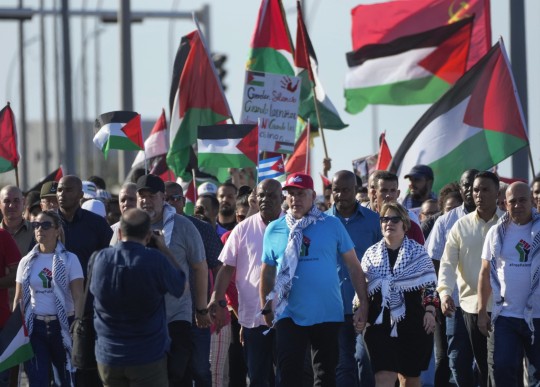
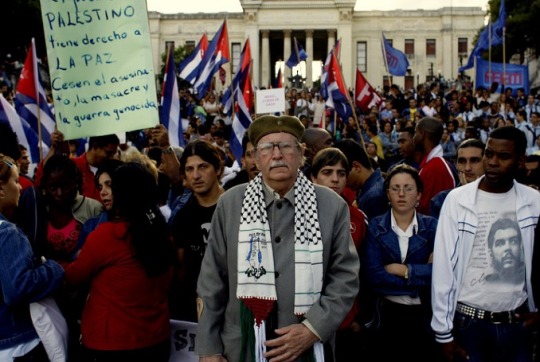
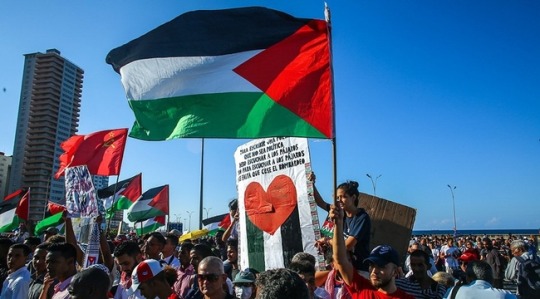
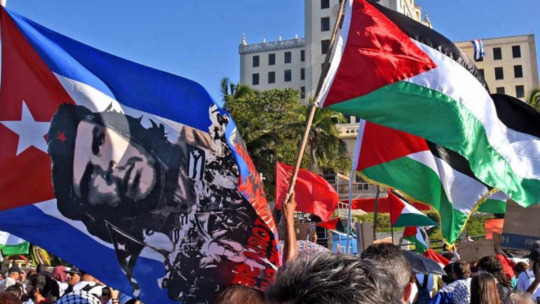
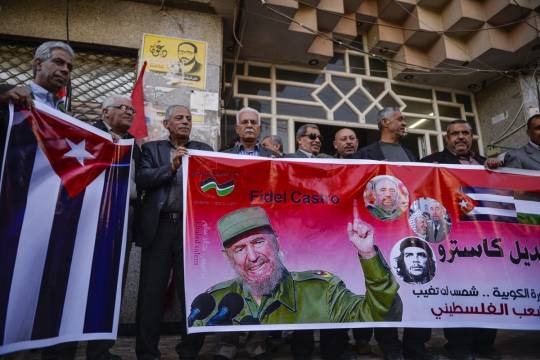
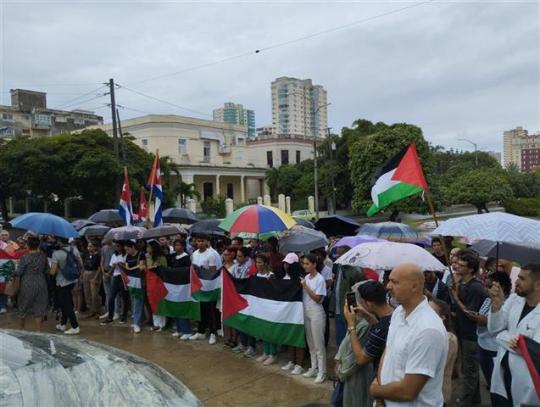
#Cuba#Havana#Habana#Caribe#Caribeño#Caribbean#latin america#Hispanic#Cuban#Cubano#Cubanos#Palestina#Palestine#Palestina Libre#Palestina Livre#Free Palestine#Free Gaza#Gaza#Communism#Socialism#leftism#leftist politics#the left
35 notes
·
View notes
Text





"patriotism kills!" (KcARve) 07/24
mixed media piece
#punk music#photography#punk politics#anarchopunk#artists on tumblr#afro caribbean#reggae#rage against the machine#bob marley#free palestine#art#system of a down#my art#artwork#linkin park#jamaica#Spotify
14 notes
·
View notes